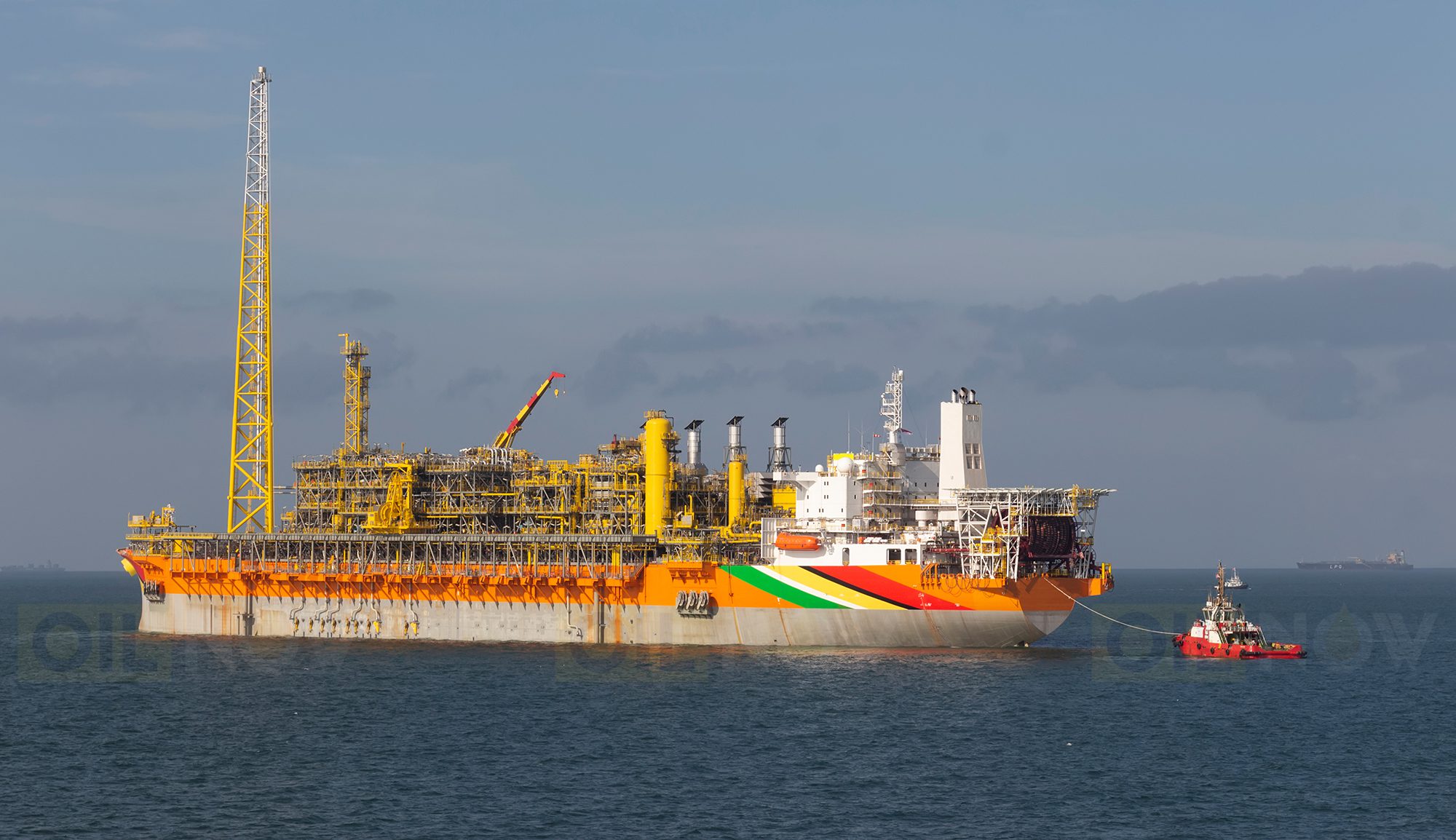A new review of the consolidated financial statements for ExxonMobil Guyana, Hess and CNOOC for the period ended December 2021 confirms that the South American country is profiting more from the offshore oil production activities than all three companies combined.

Financial Analyst, Joel Bhagwandin, has shown that Guyana’s share of profit oil and royalty for financial year (FY) 2021 exceeded the companies’ net take in profit oil for the same period by around 11 billion Guyana dollars.
“Guyana’s total share of profit oil and royalty for [fiscal year] FY 2020 amounted to GY$25.5b which increased to GY$79b in FY 2021 – while the oil companies net take in profit oil for FY2020 amounted to GY$22b, which increased to GY$68.1b FY 2021,” Bhagwandin said.
He explained that this means Guyana’s share in profit and royalty is greater than the net profit of the oil companies.
Guyana’s oil fund earns GY$266M interest in Q2
The analyst noted a favourable variance between Guyana’s take as reported by ExxonMobil, and what was deposited into the Natural Resource Fund (NRF).
“The actual profit oil and royalty for the said period as reported in the NRF, however, stood at GY$41.3b in FY2020 representing a favourable variance of GY$15.8b or 88% while for FY 2021 Guyana’s total share stood at GY$85.3b as reported in the NRF, representing GY$17.1b or 25% more than what is reported in the financial statements of the oil companies,” Bhagwandin said.
This, he explained, is due to multiple factors.
One factor is a difference in exchange rates used by ExxonMobil and the Central Bank of Guyana. Exxon would use the prevailing market rate, somewhere about GY$215 = US$1. Central Bank would use a rate closer to GY$209.2 = US$1.
Another factor, to a greater extent, is because Guyana receives its profit in crude, not revenue. The government is therefore able to secure to higher revenues through the sale of its share.
In the Stabroek Block PSA, 75% of the oil produced is set aside for the International Oil Companies to recoup investments made in their exploration and production operations. Guyana is not required to plug any funds into these activities. 25% remains as profit, to be split 50/50 between Guyana and the Stabroek Block consortium. This means the partners get 12.5%, while 12.5% goes to the government.
US$200M more withdrawn from Guyana oil fund
While this is an equally split profit, royalty tips the scale. The consortium pays 2% of gross revenues out of its share of the profit. That leaves the consortium with 10.5% and the government with 14.5%.



